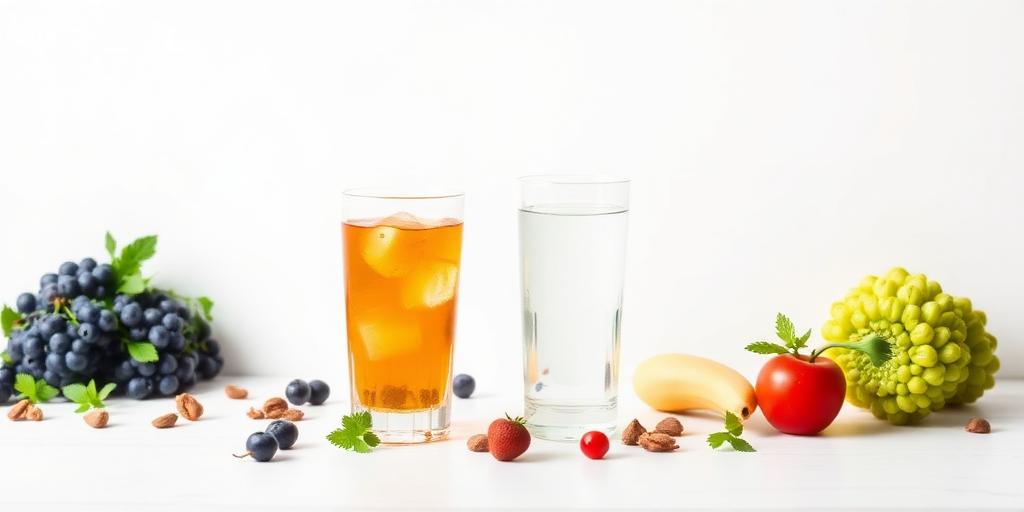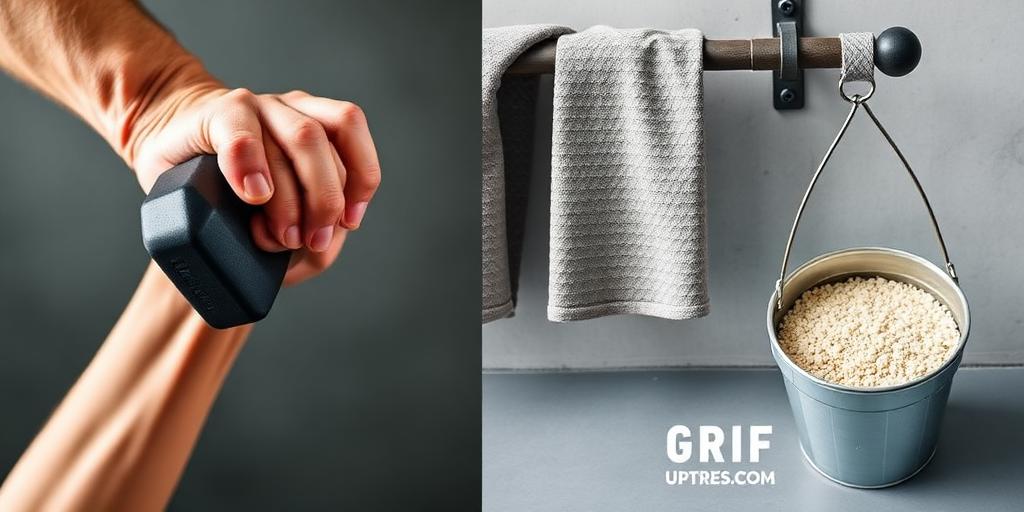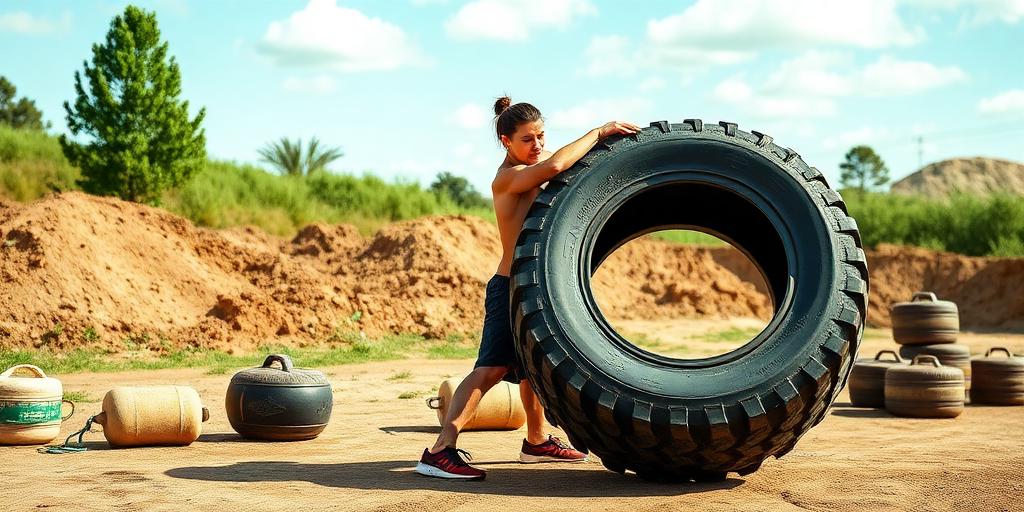Hydration in Cold Weather: Don't Forget to Drink!
When winter rolls around, we often think about bundling up in warm clothes and turning up the heat. But there's one crucial aspect of health that often gets overlooked during the colder months: hydration. It's easy to forget to drink enough water when you're not sweating as much as in the summer, but staying hydrated in cold weather is just as important.
Why Hydration Matters in Cold Weather
1. Reduced Thirst Response: In cold environments, our thirst response is diminished. This can lead to drinking less water without even realizing it, increasing the risk of dehydration.
2. Increased Fluid Loss: Despite the lack of sweating, our bodies still lose fluids through respiration, especially in dry, cold air. Indoor heating systems further exacerbate this by reducing humidity levels, leading to additional fluid loss.
3. Physiological Changes: The body's physiological responses to cold, such as increased urine production (cold diuresis), can also contribute to dehydration. This is the body's way of trying to regulate its core temperature, but it results in more frequent trips to the bathroom and a loss of fluids.
The Consequences of Dehydration
Dehydration can lead to several health issues, including:
- Reduced Energy Levels: Dehydration can cause fatigue and decrease physical performance.
- Impaired Cognitive Function: Even mild dehydration can affect concentration and cognitive abilities.
- Weakened Immune System: Staying hydrated is essential for a healthy immune system, which is particularly important during the flu season.
- Dry Skin: Dehydration can lead to dry, itchy skin, a common complaint during winter.
How to Stay Hydrated
Staying hydrated in cold weather doesn't have to be a chore. Here are some simple tips to help you maintain adequate fluid levels:
- Set Reminders: Use a water bottle with time markers or set reminders on your phone to drink regularly throughout the day.
- Drink Warm Beverages: Warm water, herbal teas, and broths can be comforting and help you meet your fluid needs.
- Eat Hydrating Foods: Many fruits and vegetables have high water content. Incorporate foods like oranges, grapefruits, cucumbers, and celery into your diet.
- Monitor Urine Color: Your urine color is a good indicator of your hydration status. Aim for a pale yellow color.
- Avoid Excessive Alcohol and Caffeine: These substances can have a diuretic effect, leading to fluid loss.
Long-Tail Keyword Variations:
- Staying hydrated in winter months.
- Preventing dehydration during cold weather.
- Best ways to stay hydrated in winter.
- Importance of drinking water in cold climates.
Staying hydrated in cold weather is essential for maintaining your health and well-being. By being mindful of your fluid intake and following these simple tips, you can ensure that you stay healthy and hydrated throughout the winter season. Don't underestimate the power of water, no matter the weather!









